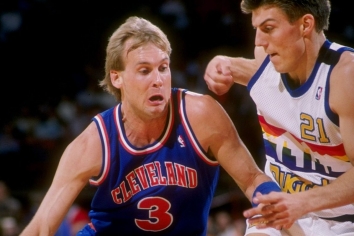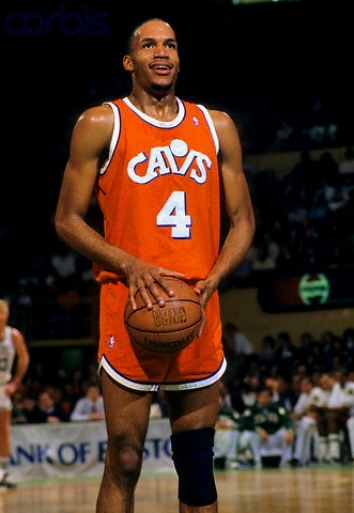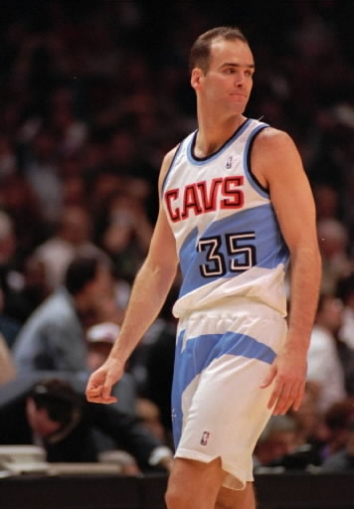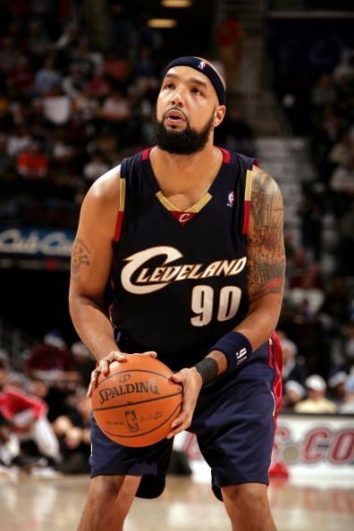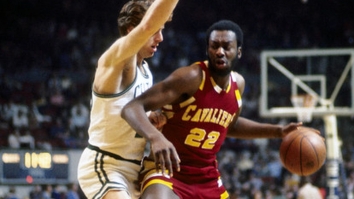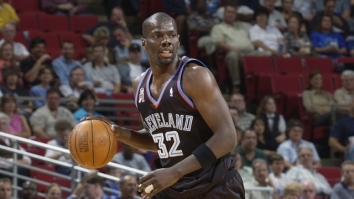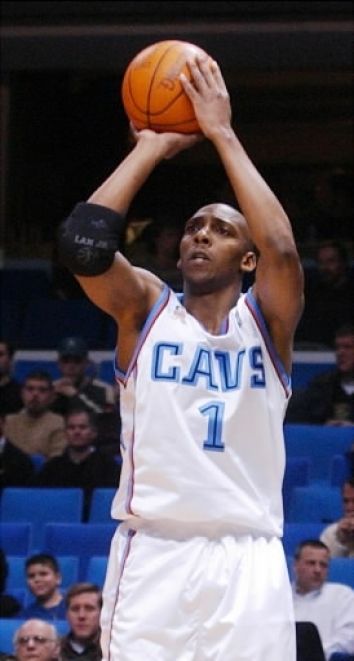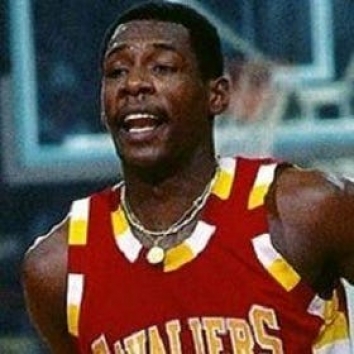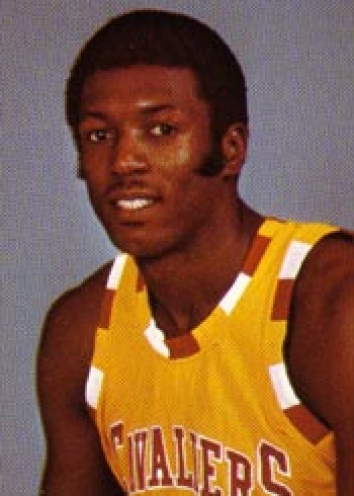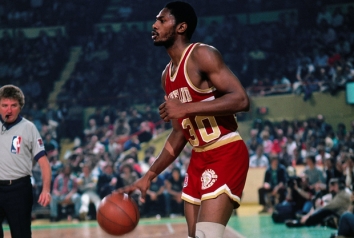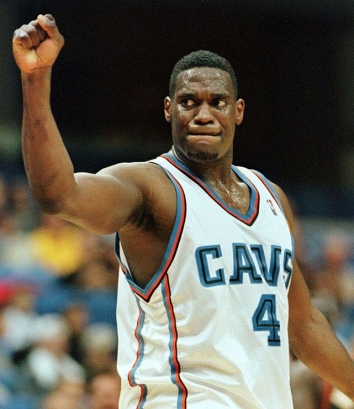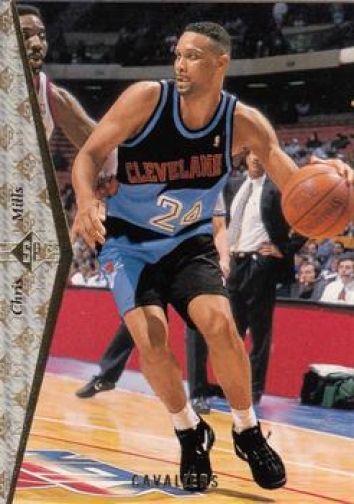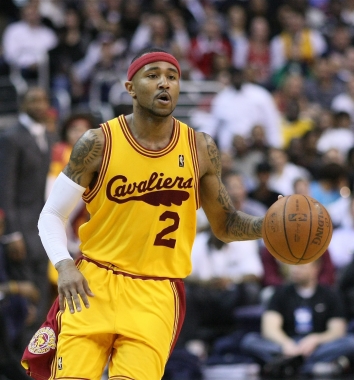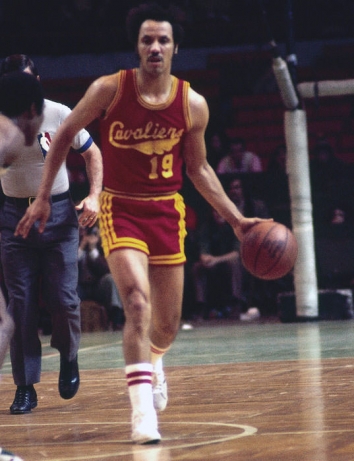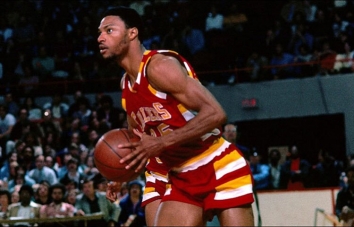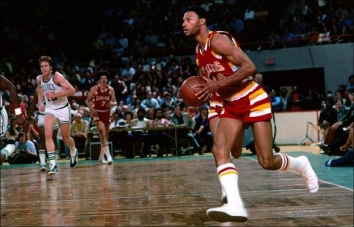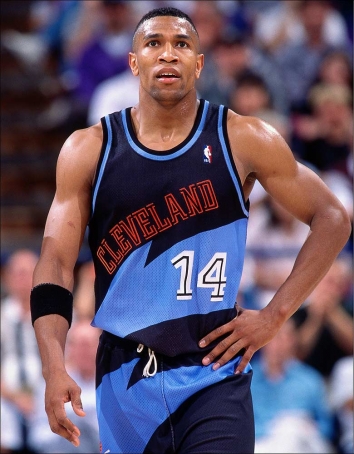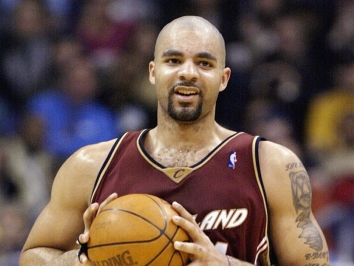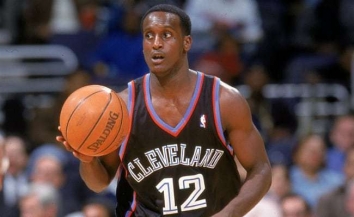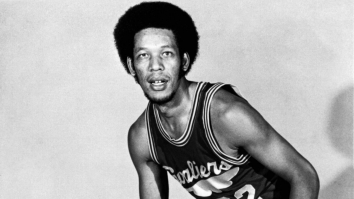Top 50 Cleveland Cavaliers
Cleveland has long been a suffering sports city and the Cavaliers seemed destined to never win a championship.
Beginning in 1970, the Cavs struggled as most expansion teams do, and it wasn’t until 1976 that they had their first winning season and made the playoffs for the first time. They would surprisingly advance to the Eastern Conference Finals due to the “Miracle at Richfield” win over the Washington Bullets. They would make the playoffs the next two years but went into a six-year drought before there rebuild took place in the late ’80s. With a team led by Mark Price, Brad Daugherty, Ron Harper, and Larry Nance they were a top team in the East and again made the Eastern Conference Finals in 1989 but they never could make the Finals and went back to the bottom of the pack for years.
Then everything changed with two words: LeBron James.
The native of Akron, Ohio was projected to be the next big thing and the Cavaliers landed the number one pick of the 2003 Draft, who chose him. The franchise’s fortune changed. Cleveland was a playoff team again and they would make the Finals for the first time in history in 2007. They did not win and James would famously take his talents to South Beach, and with Dwyane Wade and Chris Bosh would win two titles for the Heat. All was not lost, as Cleveland again won the draft lottery and selected another game-changer in Kyrie Irving.
James would return and with the signing of Kevin Love, the Cavs would make four straight Finals (2015-2018), winning the 2016 Championship earning Cleveland their first championship and redeeming LeBron James in the eyes of Ohio.
Note: Basketball lists are based on an amalgamation of tenure, traditional statistics, advanced statistics, playoff statistics, and post-season accolades.
This list is up until the end of the 2024-25 Season.


